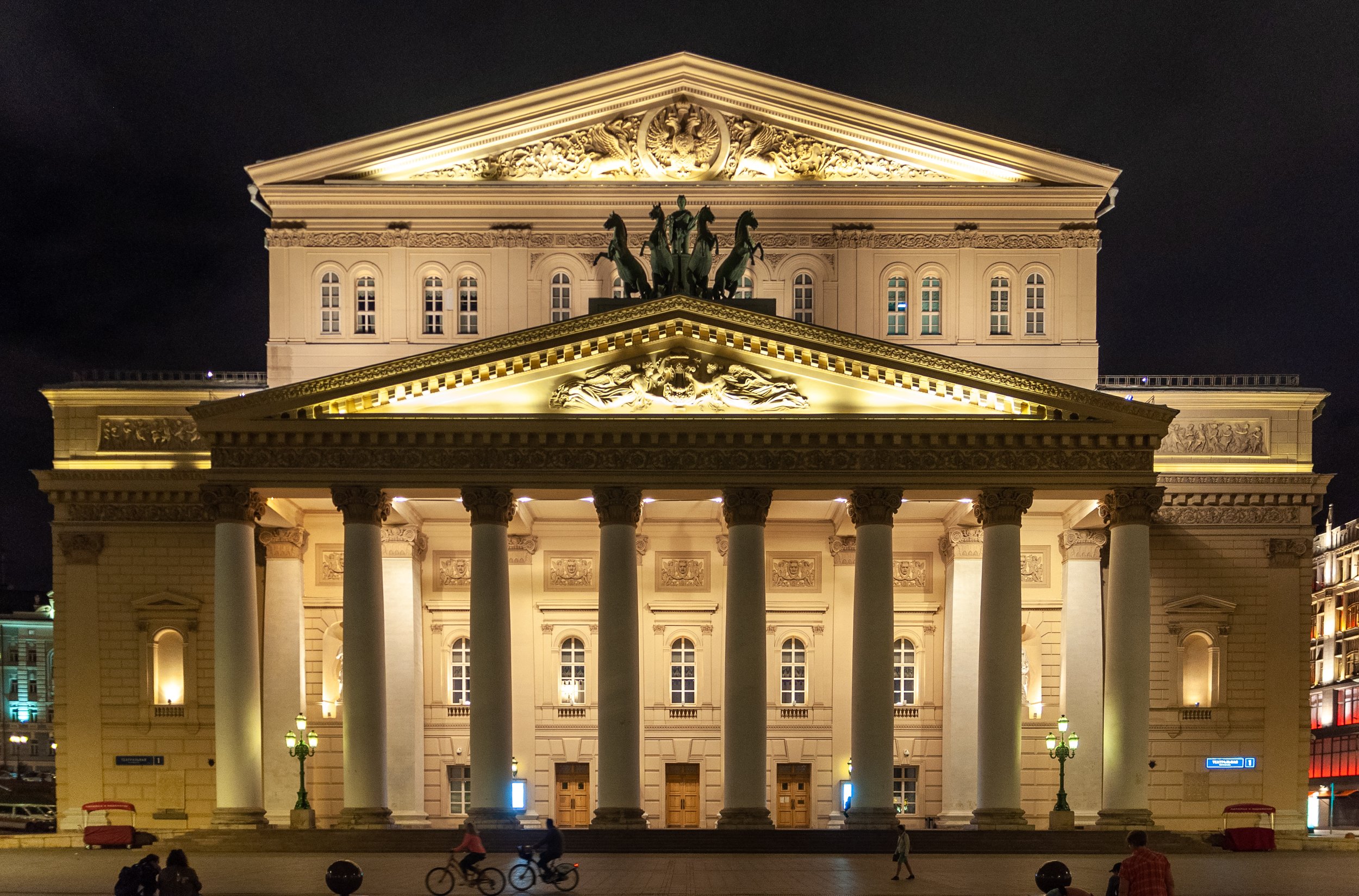Jan Matejko’s Skarga’s Sermon: A Flawed Masterpiece Misunderstood?
Marcelina Palamar introduces us to the complicated work of Jan Matejko, one of Poland’s most famous artists, revealing that despite Matejko’s grand intentions, a failure to consider his spectator’s lack of contextual knowledge eventually betrays him.
Russophonia: A Beginner’s Guide to Russian-Language Music
Unsure of how to improve your Russian? Fear not, Camille McCarthy will ease you gently into the world of Russian-language music. Beginning with pop and Pussy Riot, and making apt recommendations for lovers of Rex Orange County and Drake fans alike, this piece will set you on a path to Russian music Nirvana (no pun intended).
The Bizarre World of Bruno Schulz: Legs, Boredom and ‘Demonology’
In another insightful exploration of Eastern European artists, Marcelina Palamar takes a look at the eccentric Bruno Schulz. Discussion of his use of the cliche-verre technique, his fusion of identities and the critical response to his work all come together in this informative piece on the artist and his life.
A Modern Manifesto for Russian Studies
Camille McCarthy gives us her thoughts on consuming Russian culture in an ethical way. Her thought-provoking manifesto encompasses the legacy of empire and the regime’s official patronage initiatives, as well as the thorny question of how to define a nation’s culture.
A Love Letter to Pierogi
Marcelina Palamar tells us about the wonderful dough creations that are pierogi, as well as giving us an idea of their cultural (and personal) significance.
Stanisław Szukalski: A (self-proclaimed) Genius
In another insightful re-assessment of Polish art, Marcelina Palamar introduces us to the eccentric genius, Stanisław Szukalski.
Beyond Pain and Terror: Zdisław Beksińksi through another lens
Marcelina Palamar re-evaulates the work of Zdislaw Beksinksi, taking a fresh look at the themes and wealth of symbolism that characterise his work.
Russia in France
Camille McCarthy takes us on a tour of Russian cultural attractions in Paris, exploring the long-standing relationship between the two countries, and the position of Russian culture today.
Taking Tradition Abroad: The Polish Christmas Edition
In this festive piece, Marcelina Palamar tells us all about Polish Christmas traditions and reflects on celebrating in two new homes.
Natalia Goncharova: Not Just Another Rebellious Female Artist
Sofia Johanson explores the significance of Natalia Goncharova, separating her status as defiant, rule-breaking woman from her artistic innovations which captured the shifting and instability of the 20th century in Russia.
“Heritage is Memory”
Phoebe Page takes a look at the changing faces of cultural heritage protection movements in Ukraine, focusing on the architectural remnants of Ukrainian modernism and their difficult intersection with the Soviet legacy.
Fabergé: Symbol of Russia or Source of Controversy?
Sofia Johanson takes a look at the convoluted history of Fabergé eggs, exploring how they went from epitomising tsarist decadence to being at the centre of international disputes and mysteries even today
Samizdat: How The Soviet Union’s Unique Literary Phenomenon Became a Caricature
Tom Paterson discusses the fascinating history of clandestine literature in the Soviet Union and its travestied perception in the West.
The Colour of Pomegranates: A Biopic Like No Other
Tom Paterson reviews the Soviet Armenian film The Colour of Pomegranates, which, more than 50 years after its release, remains a landmark piece in USSR film history.

















